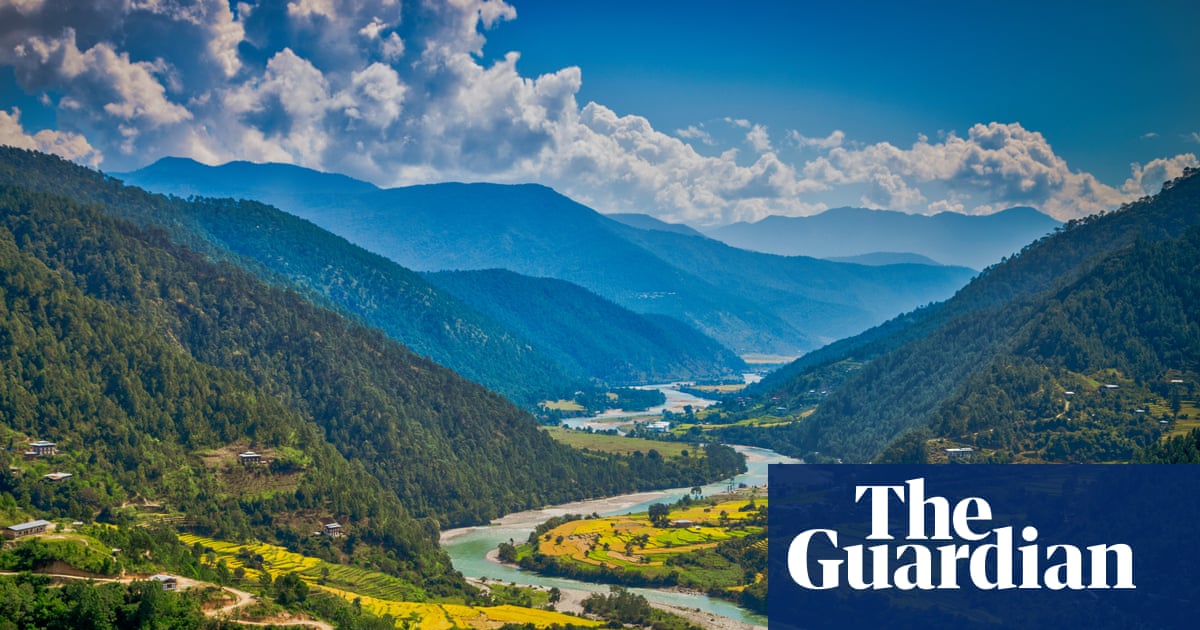
"The wealthy western countries most responsible for the climate crisis would improve the health and happiness of their citizens by prioritising environmental conservation and sustainable economic growth, according to the prime minister of Bhutan, the world's first carbon-negative nation. Bhutan, a Buddhist democratic monarchy and biodiversity hotspot situated high in the eastern Himalayas, is among the world's most ambitious climate leaders thanks to its people's connection with nature and a strong political focus on improving gross national happiness rather than just GDP, Tshering Tobgay told the Guardian."
"As the UN climate summit enters its final few days, Bhutan's climate pledge stands out as among the most ambitious with mitigation efforts across every sector of the economy, including boosting energy generation from hydro, solar, wind, distributed energy resource systems and piloting green hydrogen, as well as enhanced efficiency and regulations for transport, buildings and agriculture. Bhutan is a landlocked nation sandwiched between India and China with a population of 750,000 people, about half of whom are subsistence farmers."
"Even with our limited resources and huge geographical challenges, we have managed to prioritise climate action, social progress, cultural preservation and environmental conservation because the happiness and wellbeing of our people and our future generations is at the centre of our development agenda, Tobgay said in an interview. If we can do it, developed rich countries with a lot more resources and revenue can and must do a lot more to reduce their emissions and fight the climate crisis."
Bhutan prioritises environmental conservation and sustainable economic growth to enhance citizen health and happiness. The country maintains carbon-negative status and centers development on gross national happiness rather than GDP. National policies advance climate action across energy, transport, buildings, and agriculture, promoting hydro, solar, wind, distributed systems and piloting green hydrogen. Bhutan balances social progress, cultural preservation, and environmental conservation despite limited resources and geographic challenges. The nation is landlocked between India and China, has about 750,000 residents with half subsistence farmers, and graduated from the UN least developed country category in 2023 following decades of progress in poverty reduction, education, and life expectancy.
Read at www.theguardian.com
Unable to calculate read time
Collection
[
|
...
]